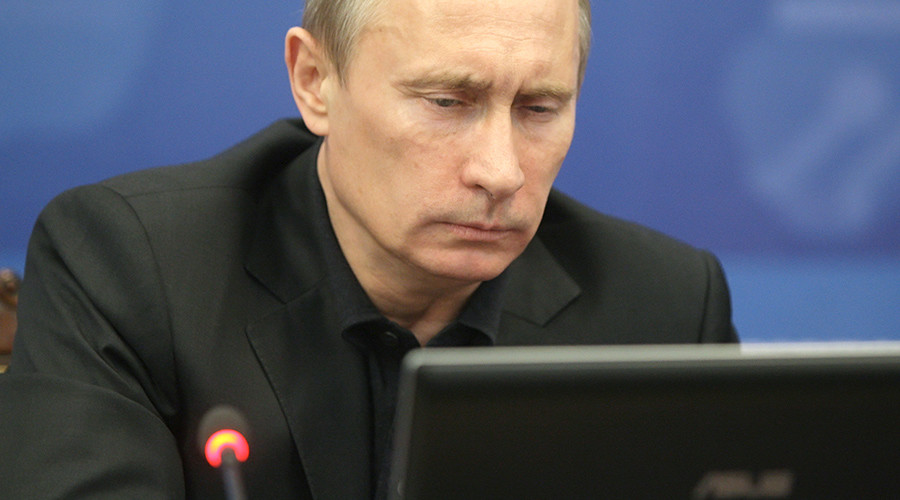
The necessity for a new edition of Russia’s doctrine on information security is the result of foreign states intensifying their efforts in information and psychological strategies to affect the internal affairs of other sovereign countries and destabilize them, the document says.
The doctrine states that the limitless flow of information has a negative impact on international security, as it can be employed to pursue geopolitical and military goals, thus favoring organized crime, extremists, and terrorists.
One of the main aspects that affects information security is the build-up in “capacities to influence information infrastructure by a number of countries in pursuit of military objectives.”
Notably, intelligence agencies of certain countries launch information and psychological operations to destabilize societies in various regions, thus undermining sovereignty and the territorial integrity of other states. These operations, coupled with the widespread use of information technologies, may involve faith- and ethnicity-based organizations, as well as human rights groups.
In turn, terrorist and extremist groups make use of psychological operations to stir up ethnic and religious discord, intensify tensions in societies, propagate extreme views, and recruit new followers.
Russia and its allies are not immune to these threats, the doctrine stresses, as certain states deliberately use various information technologies to undermine Russia’s political and social stability, as well as territorial integrity.
In the meantime, the doctrine notes, Russian government agencies, scientific centers, and military industries are being targeted by foreign intelligence services by means of electronic and cyber surveillance.
This alarming trend is also seen in the increasing bias against Russian policies in foreign media, while Russian journalists working abroad are subject to “blatant discrimination,” facing numerous obstacles in the course of their work.
The Russian population, particularly the youth, is affected by these information and psychological operations, which aim to “erode the spiritual and moral values inherent in the Russian people.”
No comments:
Post a Comment